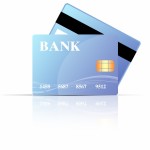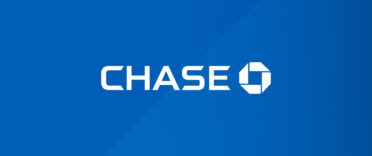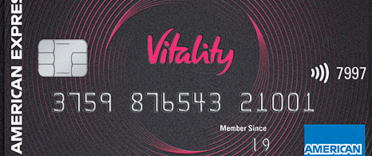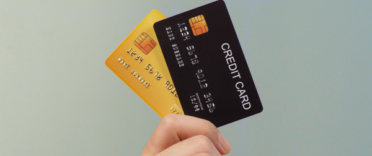
and what I did about it.
How I found out
Well after returning from my recent family holiday and finally accepting the fact that summer was long gone I decided to assess the damage caused by our week away.
I logged onto my internet banking and scanned through the transactions. That’s when I noticed an odd transaction hidden amongst the usual array of bill payments. Apparently someone had spent a few hundred pounds at Vodafone in Banbury while we were on holiday. I knew for certain that I hadn’t spent the money so I asked my wife if she knew anything about it. Now my wife’s ability to spend money is legendary but even she has to conform to the laws of time and space.
So given that we weren’t even in the country at the time of the transaction it was obvious we were victims of card fraud.
What did I do?
The first thing I did was contact my bank and inform them of the suspicious transaction. Fortunately my bank was helpful probably owing to the fact that a) card fraud is increasingly common in the UK but more importantly b) that a second transaction (I didn’t even know about) for an even greater amount had been declined days after the first one. Hence confirming that I had indeed been the victim of card fraud.
Irritatingly my bank hadn’t thought that my apparent new penchant for all things mobile phone or the fact that transactions were being declined was in anyway odd – so they kept my card active throughout…… but I digress.
What did my bank do?
To cut a long story short, within 15 minutes of contacting my bank they had not only accepted that I’d been a victim of crime but they also issued a new card to me as well as a full refund for the stolen money! All I have to do now is sign a form, which they will post to me, confirming that the transaction was fraudulent.
So how did it happen?
Apparently the two transactions (including the declined one) were carried out over the phone. So it would seem that the thieves didn’t have access to my pin number. Now I seldom use this particular card and if I do I always hide my pin – so no surprise there.
As regular readers will know, based on the advice I’ve previously passed on, I shred all statements, receipts etc. in order to minimise the chances of such an attack. While no one can be certain that leaves two likely ways in which my details were stolen either a) via a website, which I’d bought something from in the past, being hacked or b) a rogue employee stealing my details in a shop or petrol station etc. Given that I only use credit cards online, and not my debit card, I’d favour the later despite never letting the card out of my sight, but in truth I don’t really know.
So what have I learned from this?
- Clearly card fraud is on the increase
- The importance of being vigilant
- Even the most vigilant can still become victims
- The importance of checking your bank statements regularly online in order to spot fraud early
- Contacting your bank ASAP will likely mean you won’t be left out of pocket
- That once again I don’t just write about all this stuff – I actually live it.
While obviously there are no guarantees but for the record what are the best ways to avoid card fraud?
Which? have published a list of the best ways to avoid card fraud which I’ve listed below:
General card fraud prevention tips
- Don't let anyone else use your credit card.
- Always take your receipt.
- Keep your receipts and tear them up, or preferably shred them, before disposing of them.
- Only shop from well-known websites that display a secure padlock logo, and have both a landline phone number and a real address (not a PO Box).
- Don't give out your debit or credit card Pin. Avoid obvious Pins such as your birth year.
- Keep your credit cards and cheque book safe.
- Keep a note of contact details to use if your debit or credit card is lost or stolen. Carry them separately from your cards.
- For more information on preventing card fraud, visit the Card Watch website operated by the credit card industry body Apacs.
The full Which? article can be found here.





